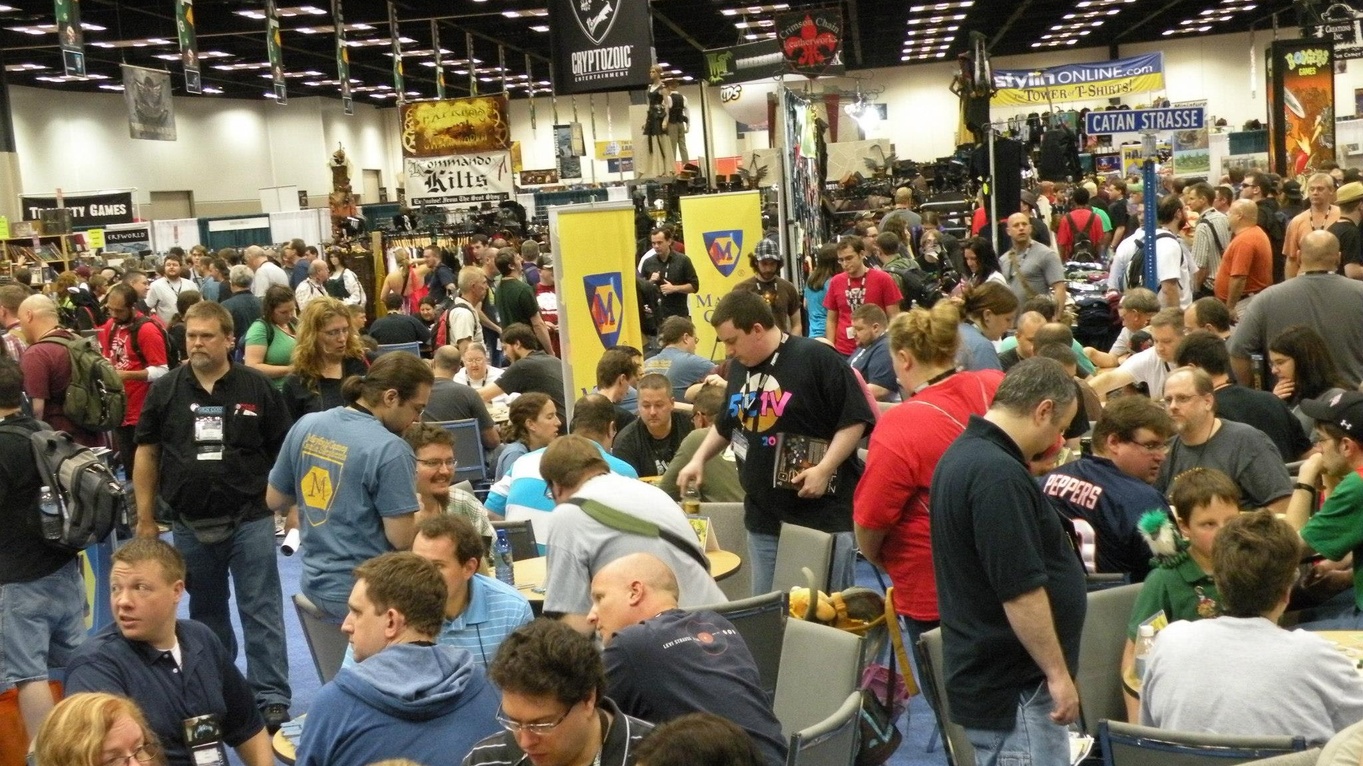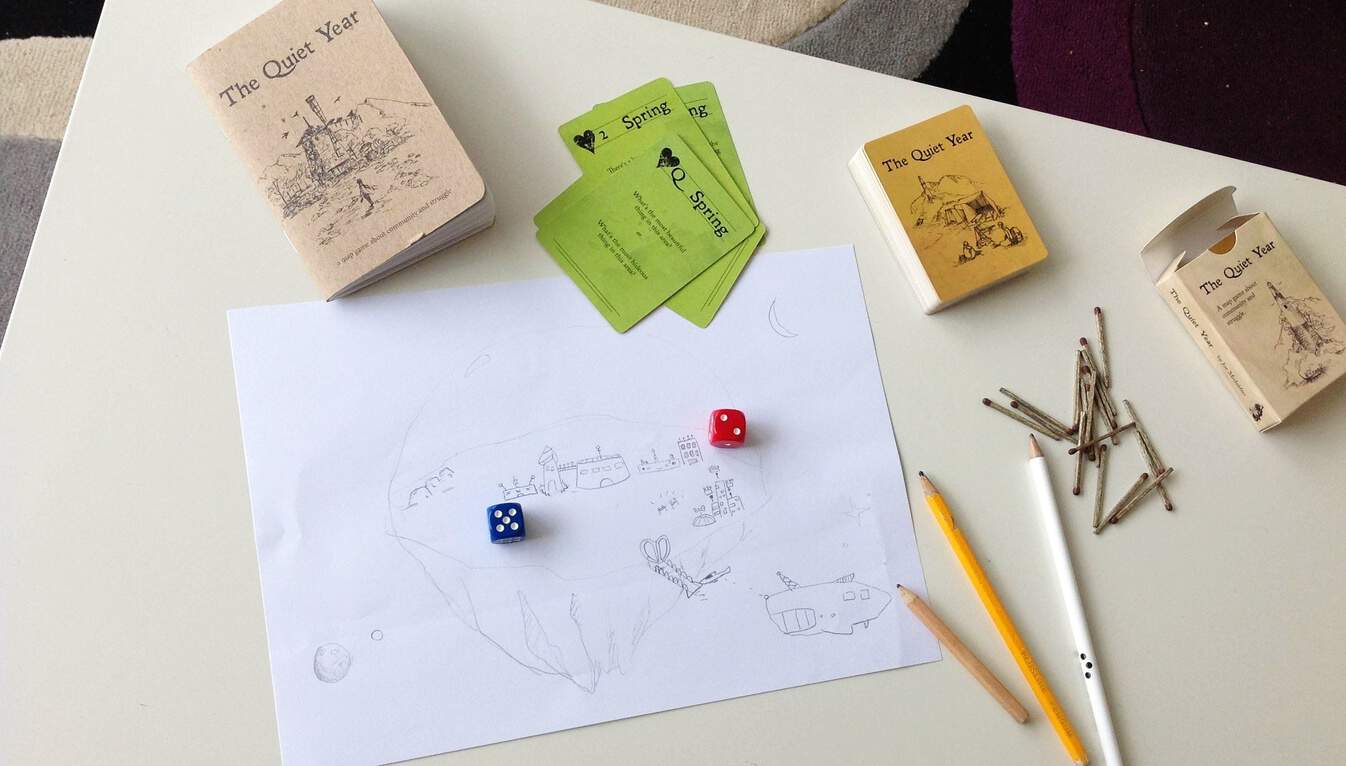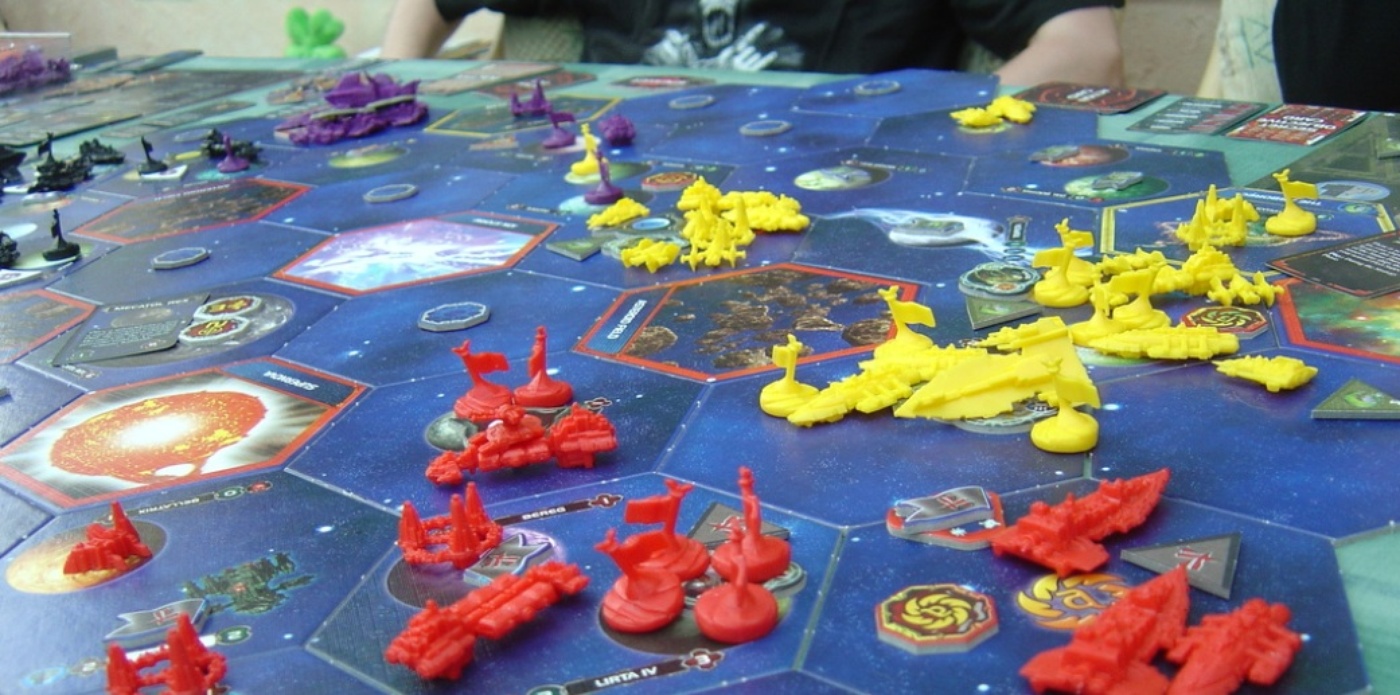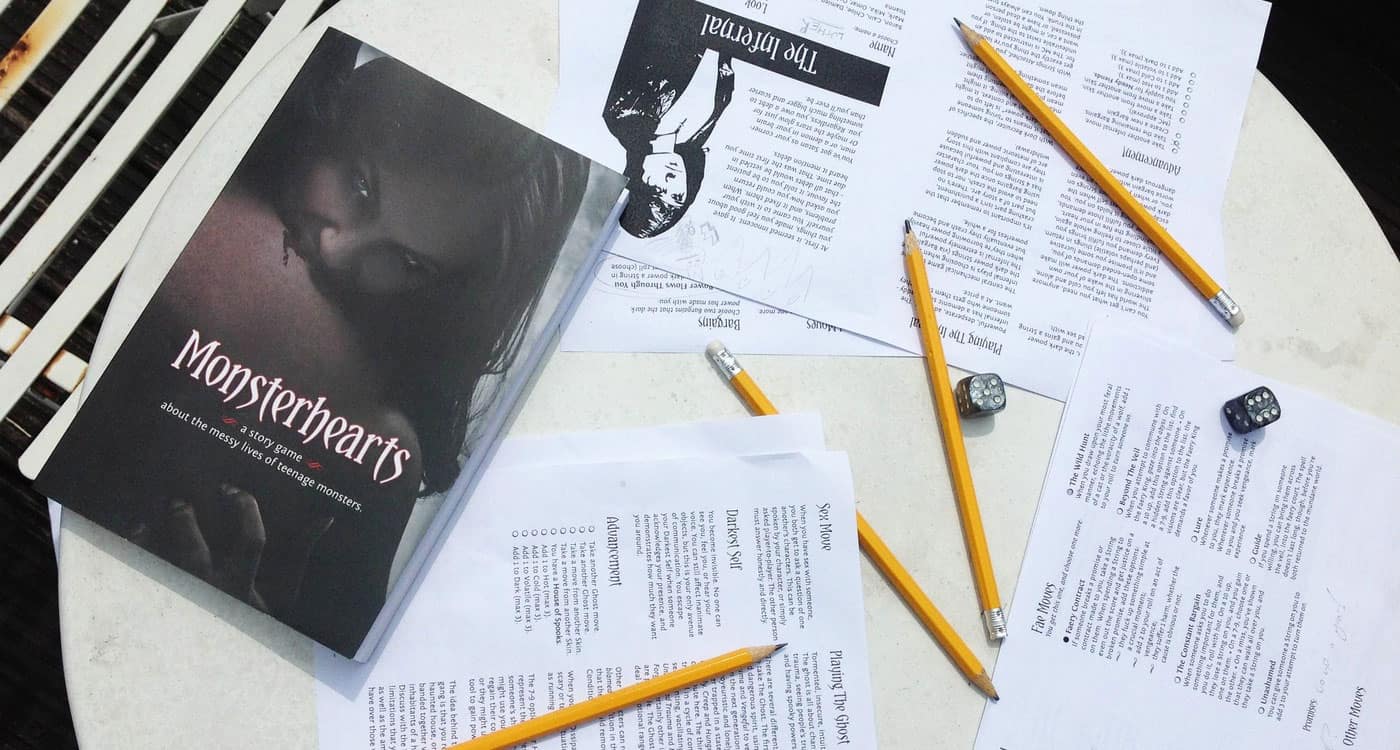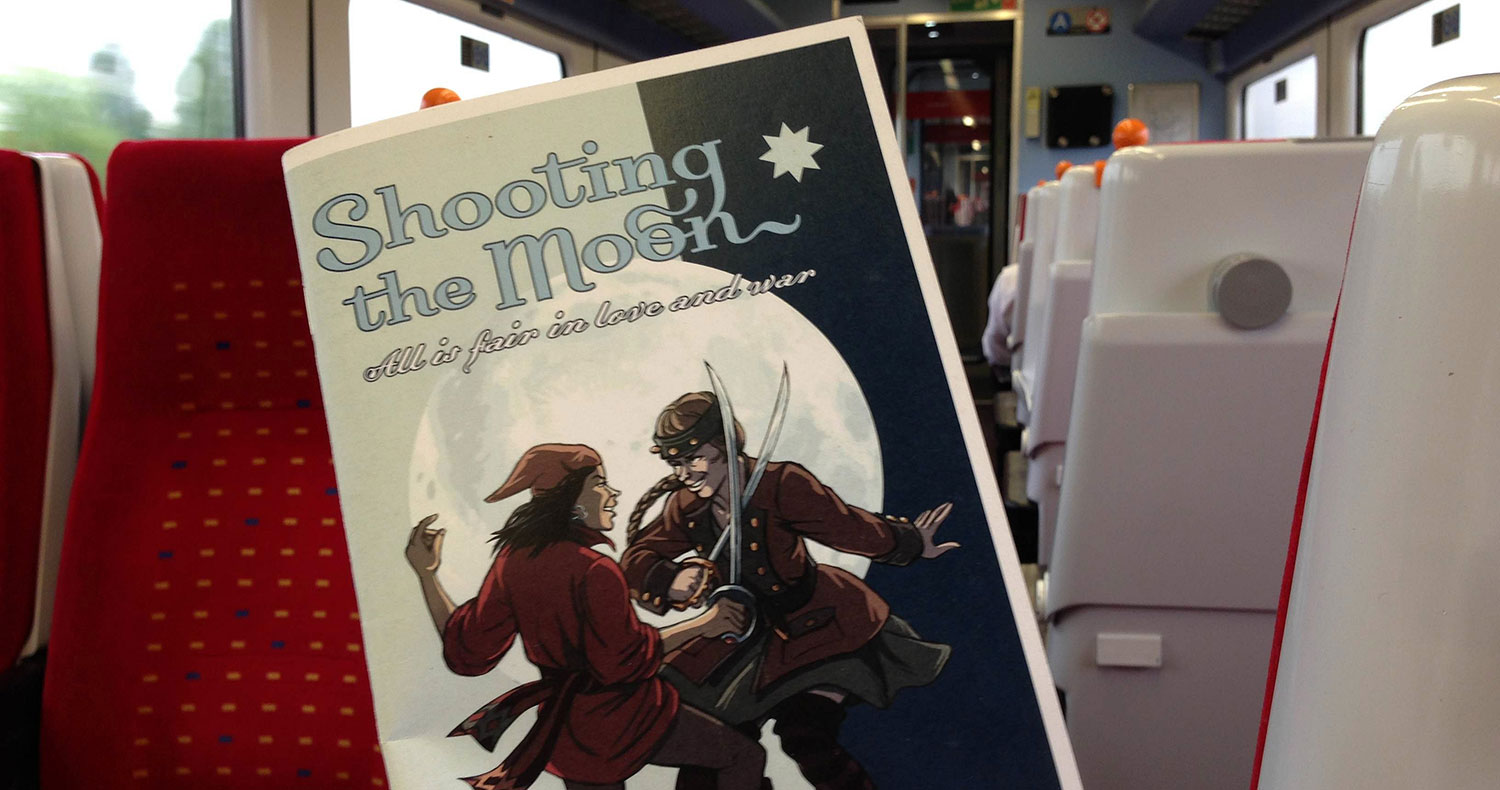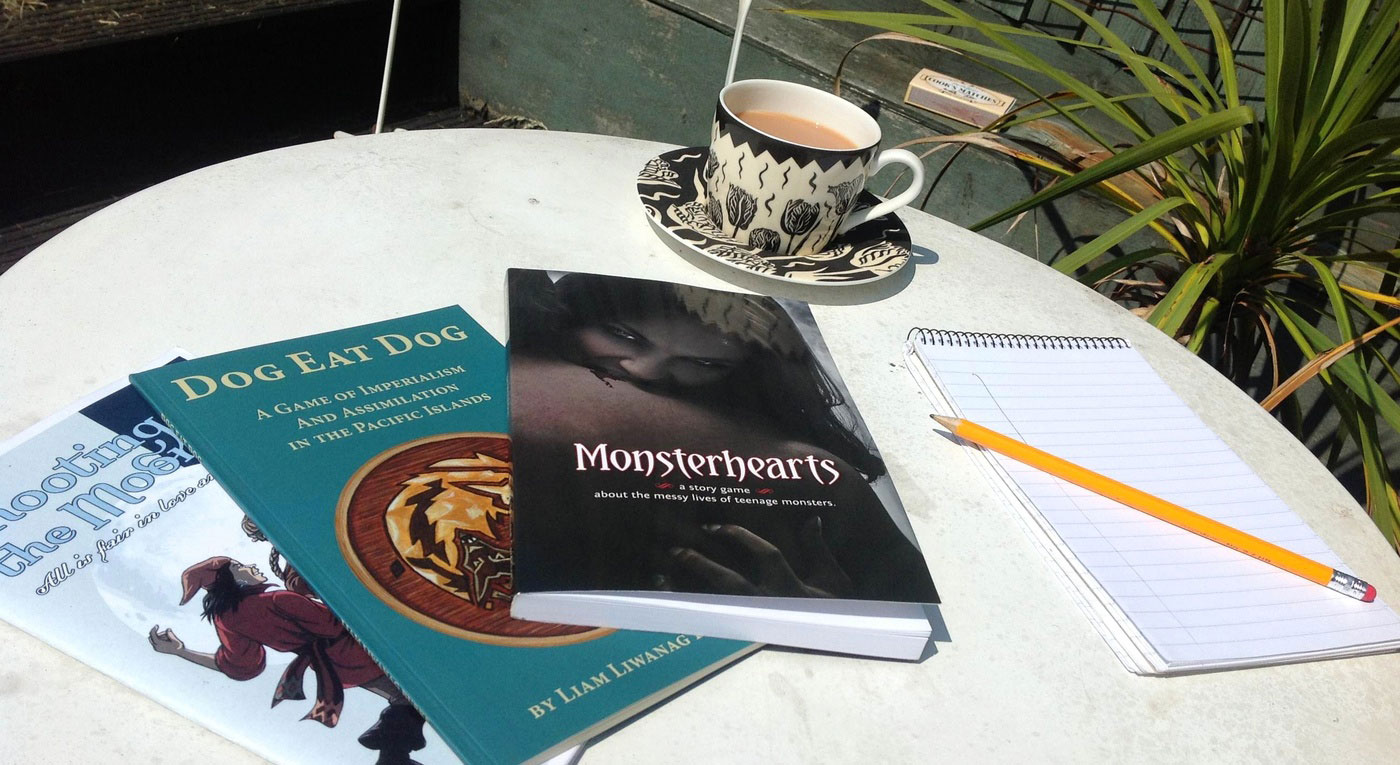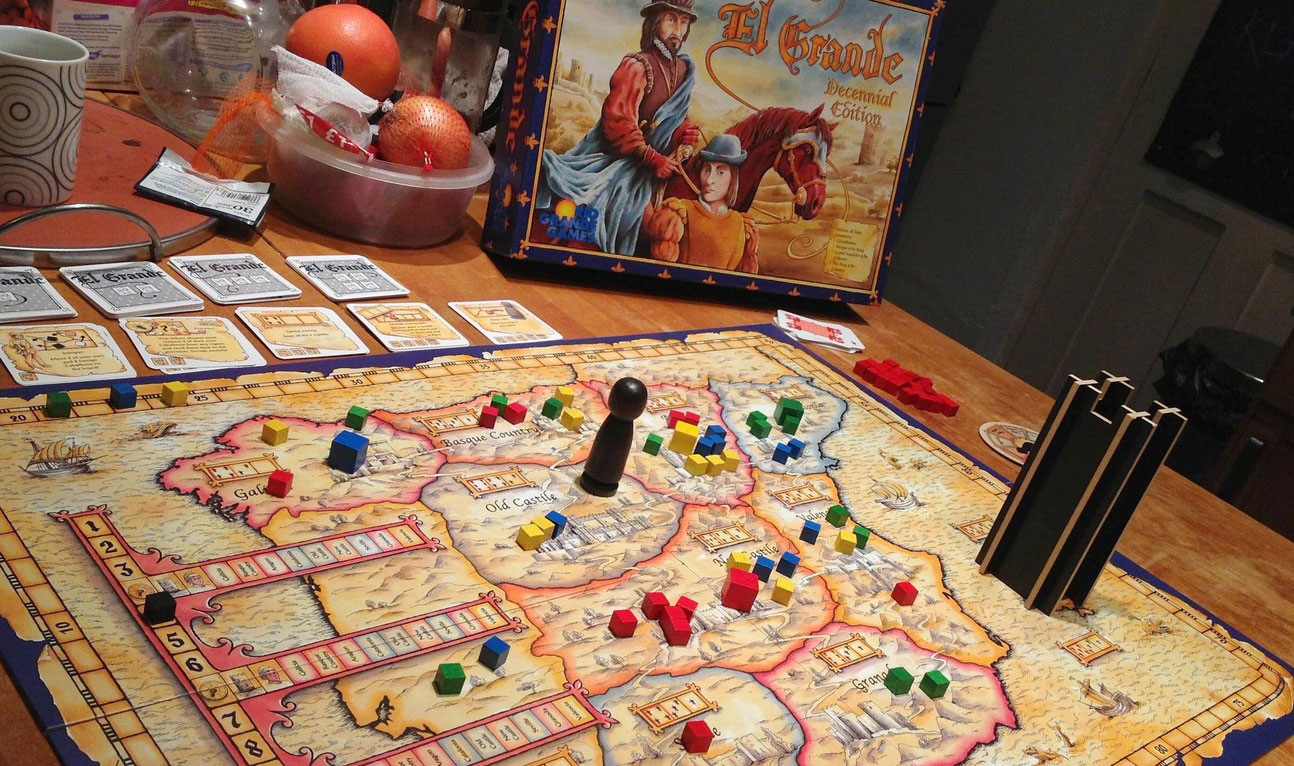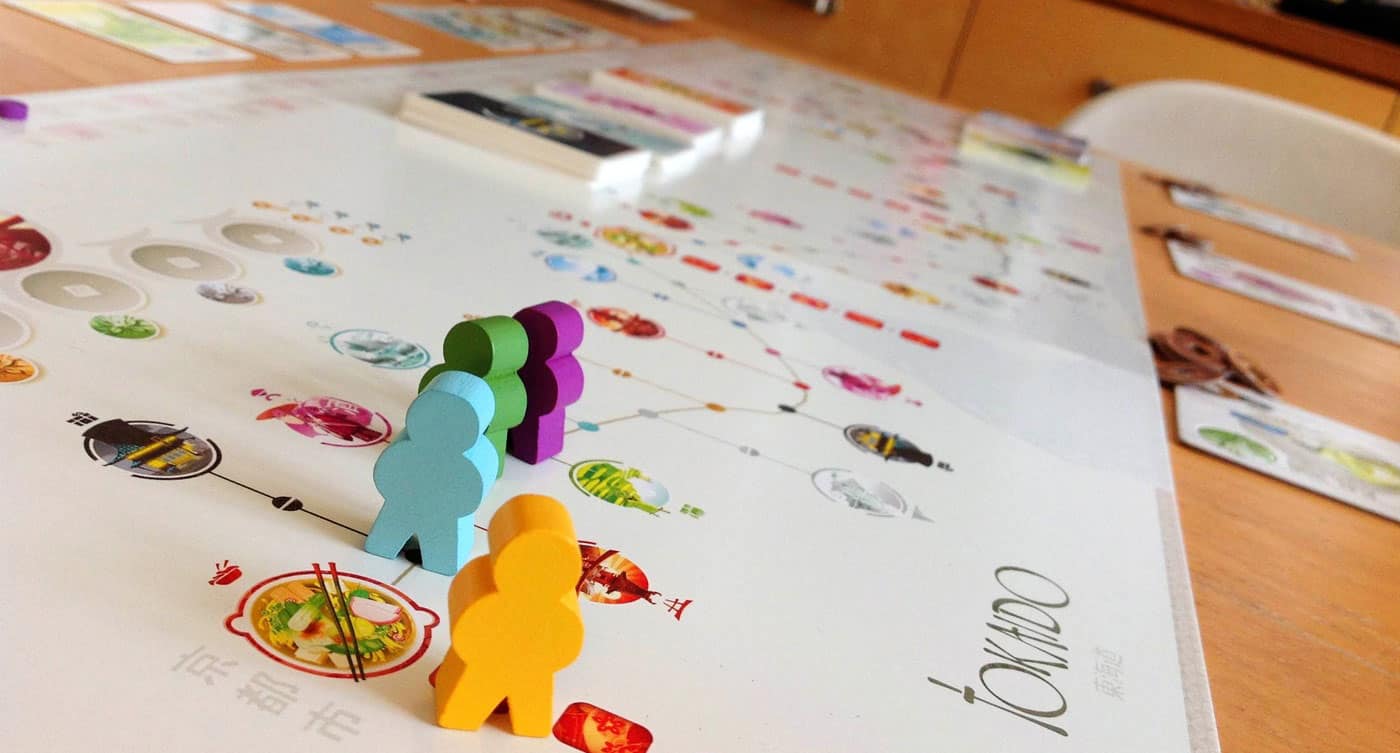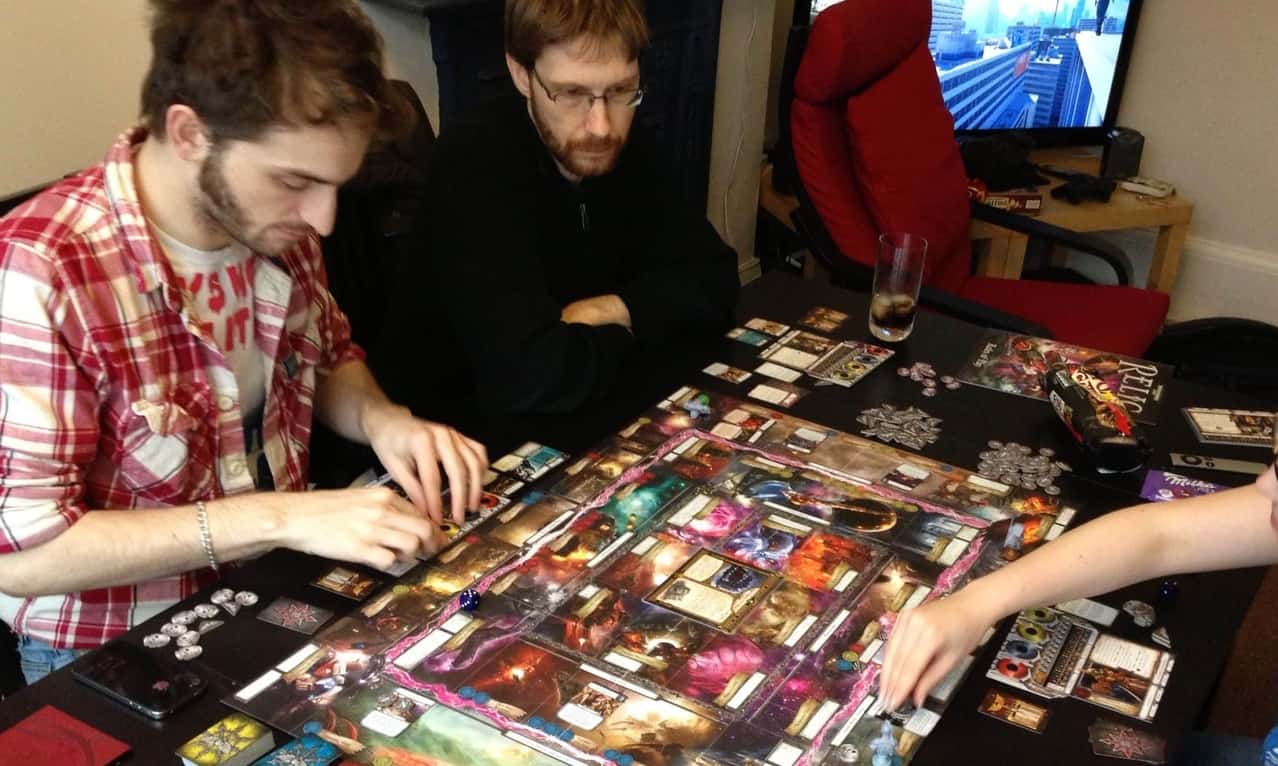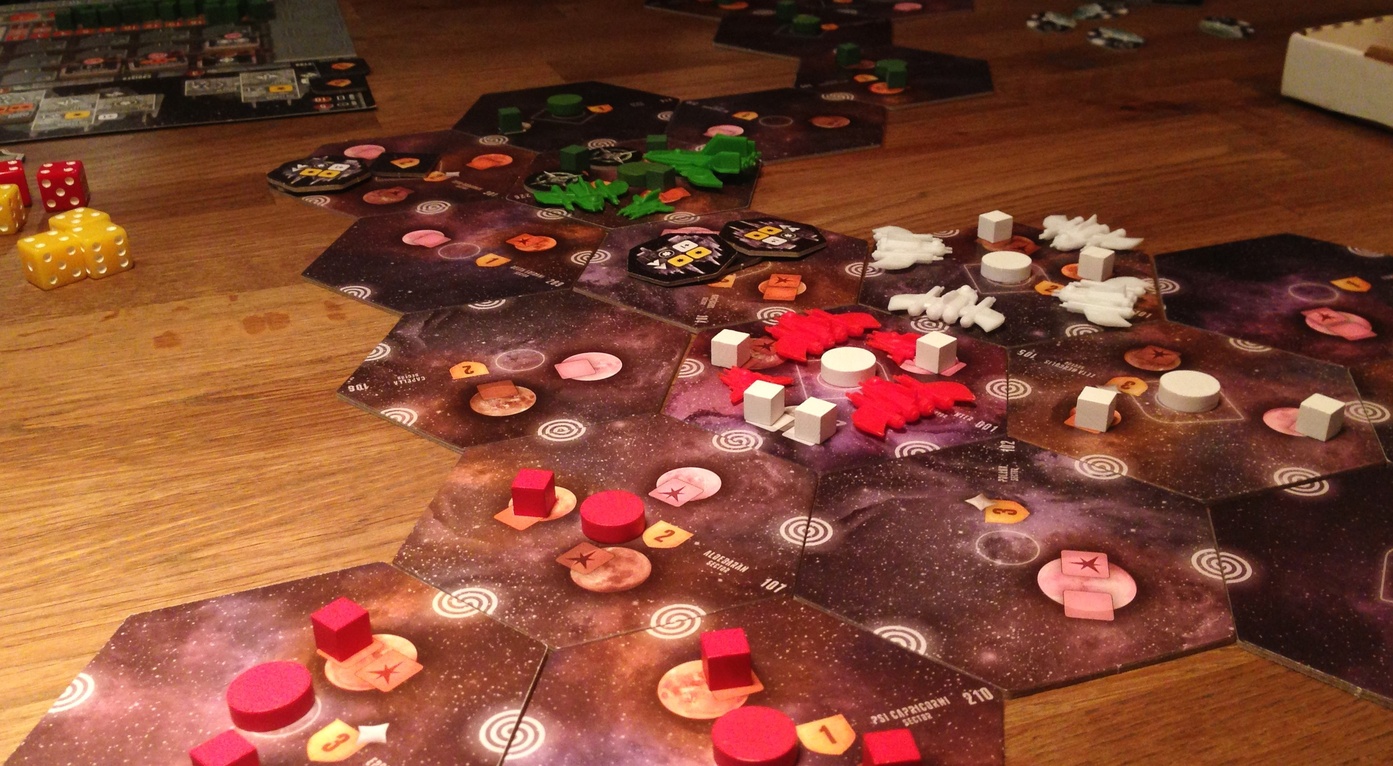We’re at Gen Con 2013! …Kind of.
The moon landing. Penicillin. The telephone. And now humanity can boast another grand achievement: With exactly no money, SU&SD has managed to get two of its roster to Indiana’s Gen Con gaming convention ’13. The dreamy Mike, who built the site you’re on right now and continues to upgrade it on a daily basis, and Mark Wallace, of our actual journalism and Borderlands review.
These are two lovely individuals. So lovely. If you’d like to meet exactly ⅓ of Team SU&SD, they’ll be around at 8pm on Friday in the Hyatt Regency’s bar/lounge area.
Also, if you’re an exhibitor and would like to demo your game to Mike so he can tell the UK team about it, drop an email to [email protected]. He says his best times are “Thursday after 3:00pm or Friday after 11:00am, booth numbers help.”
Read More
